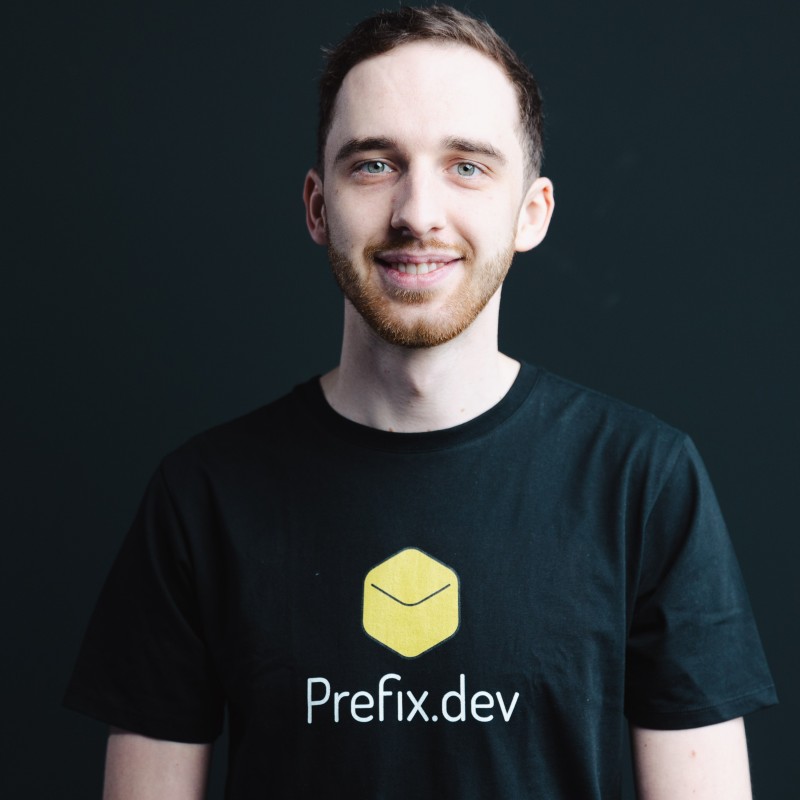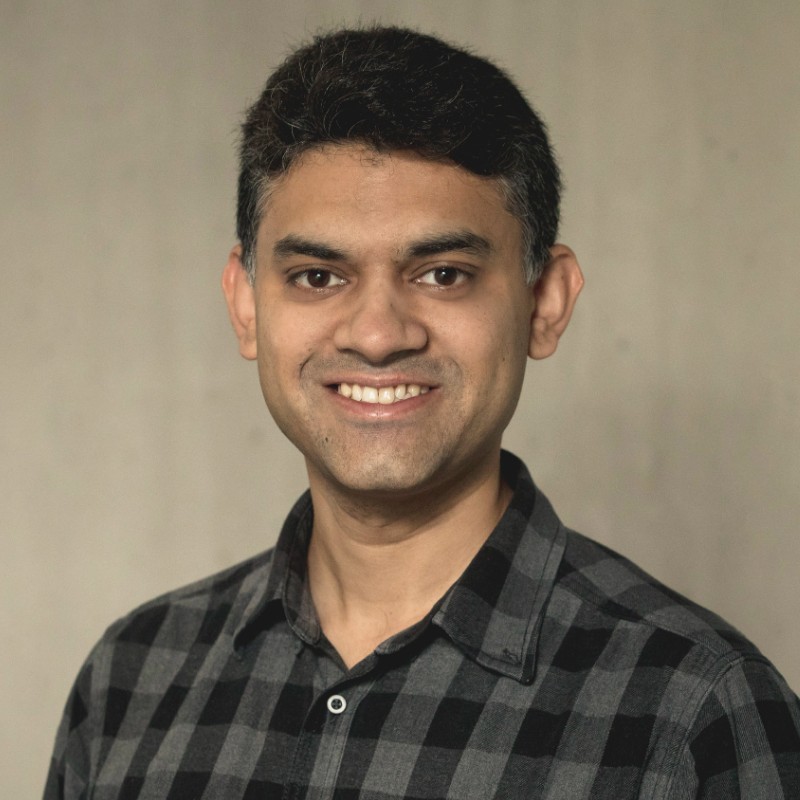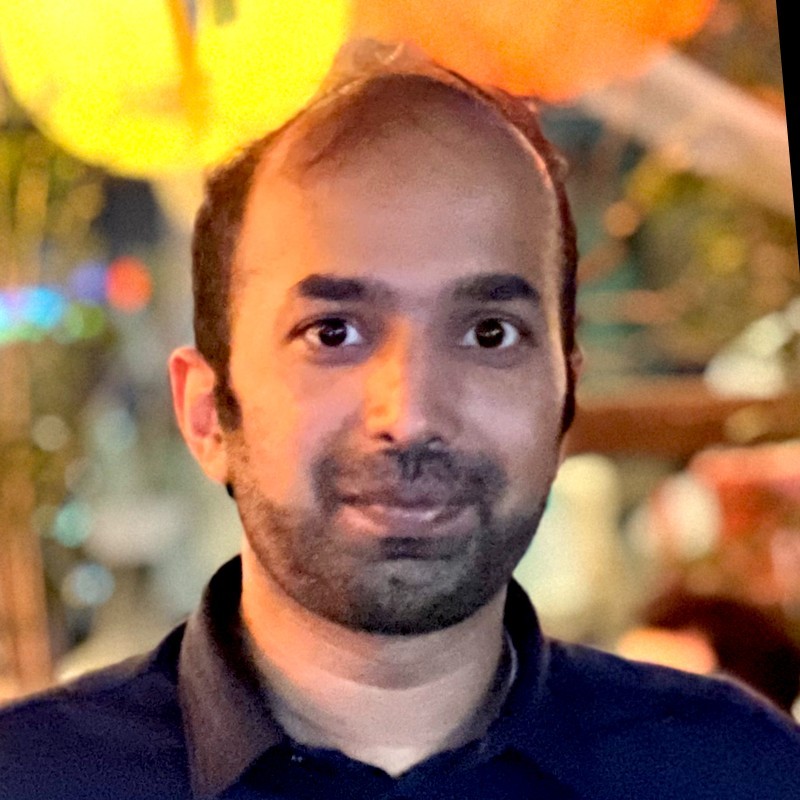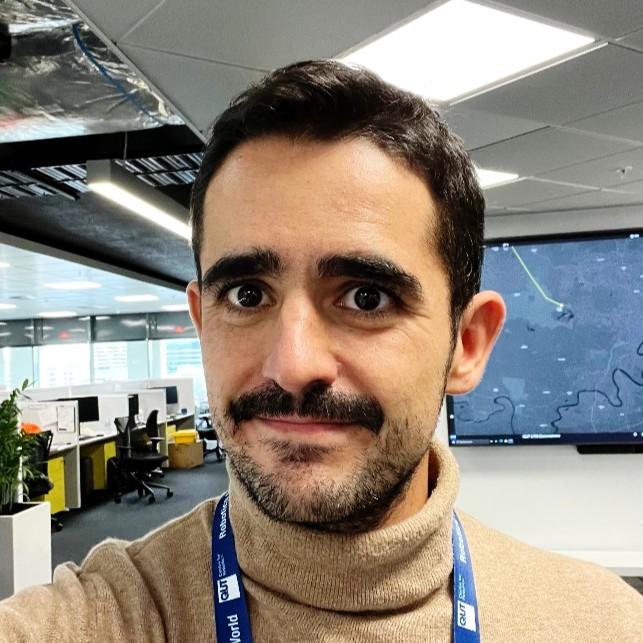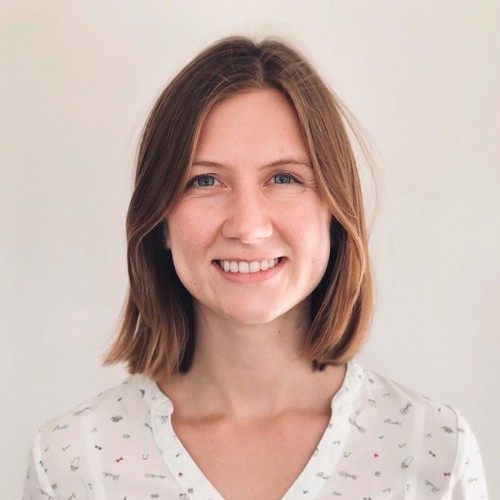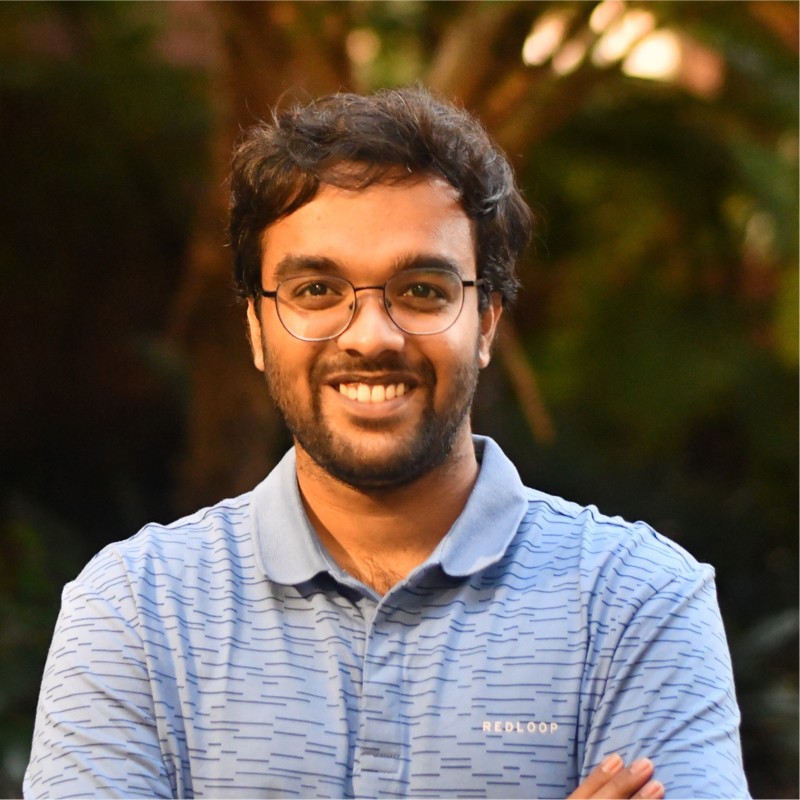News
- July 20, 2025 - The recordings of all workshop talks are now available on YouTube!
- June 21, 2025 - The workshop was held at RSS in Los Angeles and attracted many participants! (Event Pictures)
- May 03, 2025 - The submission deadline (
May 4) is extended to May 26! - April 7, 2025 - Submissions Portal is now open! Please submit your paper via CMT.
- Mar 24, 2025 - We are excited to host the first workshop on Unifying Visual SLAM at RSS 2025!
Overview
Is Visual SLAM Tackling the Right Challenges? While fields like image segmentation and reinforcement learning have thrived by leveraging vast amounts of unstructured data, visual SLAM remains constrained by a handful of curated benchmarks. This limitation hinders the development of scalable, robust systems capable of operating in a wide range of complex, real-world environments.
Fragmentation across datasets, pipelines, and evaluation metrics remains a core obstacle. Each dataset follows its own structure, making reproducibility and benchmarking difficult. Researchers frequently spend time adapting to dataset-specific requirements instead of driving fundamental advancements. Additionally, compiling baseline systems is a challenge due to the lack of standardized pipelines, undocumented dataset-specific issues, and inconsistent failure cases. This fragmentation significantly slows down progress in the field.
To move forward, SLAM needs unified dataset formats, common pipelines for baselines, and evaluation metrics that go beyond traditional ATE. Standardization will enable scalable benchmarking and the development of more generalizable SLAM systems that function reliably in real-world scenarios.
Workshop Goal: This workshop aims to bring researchers together to discuss best practices, establish dataset and pipeline standards, and streamline SLAM development. We have invited experts who have created benchmarks that foster SLAM challenges, unify SLAM practices, and develop tools that support not only SLAM but broader robotic applications.
One key output of the workshop will be a curated “Unifying Visual SLAM” list of development tools, datasets, pipelines, and benchmarks—compiled by organizers, speakers, and attendees—to serve as a future reference for the research community. By reducing implementation overhead, improving reproducibility, increasing the amount and diversity of benchmarks and fostering collaboration, this workshop seeks to advance SLAM’s ability to process large-scale data and build more scalable, real-world solutions for robotics and computer vision.
Event Pictures
















Invited Speakers
Call for Papers
We invite short papers of novel or recently published research relevant to the topics of the workshop.
- Short papers are 2+n pages (2 pages content + references)
- Submissions must follow the IEEE Conference double column format
- All accepted papers will be presented as posters at the workshop and published on the workshop website.
- Please indicate whether your paper falls into the ‘novel’ or ‘previously published’ category. Novel research papers are encouraged and can expect more substantial review feedback on their work. This is provided as a service to authors of novel papers and does not diminish the chance of acceptance.
- All accepted submissions will be considered for the best presentation award, where 3 finalists will be selected for 5-minute plenary presentations. While all submissions are eligible, novelty will be considered in finalist selection.
- Submissions are single blind and will be reviewed by members of the (extended) workshop committee.
- Submissions can optionally be accompanied by a video.
- All accepted submissions will be considered for three awards: Best Paper, Best Poster, and Best Open-Source Contribution, each receiving a 150 USD gift card.
Invited topics
We invite submissions including, but not limited to:
- SLAM Systems and Applications: Novel approaches in SLAM, Visual Odometry, 3D Reconstruction, and Visual Place Recognition (VPR), with applications in robotics, autonomous vehicles, AR/VR, and more.
- Tool Integration and Standardization: Open-source tools and libraries for SLAM, improving baseline evaluations, and streamlining benchmarking processes.
- Benchmarking and Reproducibility: Standardization of datasets and evaluation methodologies, addressing challenges such as low-light conditions, harsh weather, and dynamic environments.
- New Evaluation Metrics and Benchmarking Tools: Methods and platforms to assess localization and mapping performance more effectively.
- Future Directions and Industrial Applications: The role of AI and machine learning in SLAM, and real-world applications in industry, commercial robotics, and emerging technologies.
Submissions Portal
Please submit your paper via CMT.
Submissions Timeline
| April 7 | Call for submissions |
| May 26 | Submissions due |
| June 2 | Notification of acceptance |
| June 21 | Workshop at RSS! |
Schedule
| Time | Planned Event | Comments |
|---|---|---|
| 09:00 | Opening Remarks | Organizing Committee |
| 09:05 | pySLAM and slamplay: Modular, Extensible SLAM Tools for Rapid Prototyping and Integration | Luigi Freda |
| 09:25 | pixi - powerful development environments on Windows, macOS and Linux | Ruben Arts |
| 09:40 | Towards Holistic 3D Perception | Angela Dai |
| 09:55 | Tartanair and Subt-mrs: Pushing the Limits of Visual SLAM in Challenging Environments | Wenshan Wang |
| 10:15 | pyCuVSLAM and Beyond: Accelerating Visual Localization with NVIDIA Tools | Hesam Rabeti |
| 10:45 | Poster Session / Coffee Break | |
| 11:25 | Beyond SLAM: Evaluating 3D understanding. | Krishna Murthy |
| 11:50 | Large-scale and multi device visual SLAM: CroCoDL dataset and map-free solutions | Hermann Blum |
| 12:05 | Present and future of SLAM in extreme environments | Shehryar Khattak |
| 12:30 | Unifying Visual SLAM: From Fragmented Datasets to Scalable, Real-World Solutions |
Accepted Papers
Winner of the Outstanding Workshop Paper Award
On the Potential of Visual Place Recognition for Visual SLAM [Paper] [Poster]Stefan Schubert
Winner of the Outstanding Workshop Open-Source Contribution Award
Semantic pySLAM: Unifying semantic mapping approaches under the same benchmark [Paper]David Morilla-Cabello, Eduardo Montijano
Oliver Grainge , Michael Milford , Indu Bodala , Sarvapali D. Ramchurn and Shoaib Ehsan
Guangyang Zeng, Yuan Shen, Ziyang Hong, Yuze Hong, Viorela Ila, Guodong Shi, Junfeng Wu
Tianxiao Gao, Mingle Zhao, Chengzhong Xu, and Hui Kong
Organizers
Unifying Visual SLAM
A curated list of resources to help unify and standardize the landscape of Visual SLAM, Structure-from-Motion, datasets, tools, and educational content. This page collects links to key projects, foundational papers, tools, and talks.
🔗 Find the most up-to-date list here: Unifying Visual SLAM GitHub Repository
👋 Contributions are welcome! Feel free to open an issue or submit a pull request to suggest more tools, papers, or resources.
| State-of-the-art Visual SLAM | |
|---|---|
| MASt3R-SLAM | MASt3R-SLAM: Real-Time Dense SLAM with 3D Reconstruction Priors |
| MonoGS | Gaussian Splatting SLAM |
| DPVO | Deep Patch Visual Odometry/SLAM |
| DROID-SLAM | DROID-SLAM: Deep Visual SLAM for Monocular, Stereo, and RGB-D Cameras |
| ORB-SLAM2 | ORB-SLAM2: an Open-Source SLAM System for Monocular, Stereo and RGB-D Cameras |
| DSO | DSO: Direct Sparse Odometry |
| Courses / Educational Materials / Tutorials | |
|---|---|
| SLAM Handbook | SLAM Handbook |
| SLAM-Course | SLAM-Course (2013/14; Cyrill Stachniss) |
| SLAM - 5 Minutes with Cyrill | SLAM - 5 Minutes with Cyrill |
| Software Frameworks/Libraries | |
|---|---|
| VSLAM-LAB | VSLAM-LAB: A Comprehensive Framework for Visual SLAM Baselines and Datasets |
| VPR-methods | VPR-methods-evaluation |
| PySLAM | A python implementation of a Visual SLAM pipeline that supports monocular, stereo and RGBD cameras. |
| slamplay | A collection of powerful tools to start playing and experimenting with SLAM in C++. |
| Datasets | |
|---|---|
| CroCoDL | Augmented reality visual localization benchmark with data from legged robots, and evaluating human-robot, cross-device mapping and localization. |
| Foundational Papers | |
|---|---|
| PTAM | Parallel Tracking and Mapping for Small AR Workspace |
| MonoSLAM | MonoSLAM: Real-Time Single Camera SLAM |
| Talks | |
|---|---|
| Talk | Daniel Cremers | Deep and Direct Visual SLAM | Tartan SLAM Series |
| Talk | From SLAM to Spatial AI - Andrew Davison Robotics Today |
| Talk | Graph-based representations for Spatial-AI | Andrew Davison | Tartan SLAM Series |
| Others | |
|---|---|
| Awesome SLAM Datasets | Collection of SLAM-related datasets |
| Structure-from-Motion | |
|---|---|
| GLOMAP | GLOMAP: Global Structure-from-Motion Revisited |
| COLMAP | COLMAP: General-purpose Structure-from-Motion (SfM) and Multi-View Stereo (MVS) pipeline with a graphical and command-line interface |
| Other Tools | |
|---|---|
| Pixi | Pixi: A package management tool for developers |
| Spectacular AI | Spectacular AI SDK: Platform-independent software solution for real-time 3D mapping and 6-DoF pose tracking |

